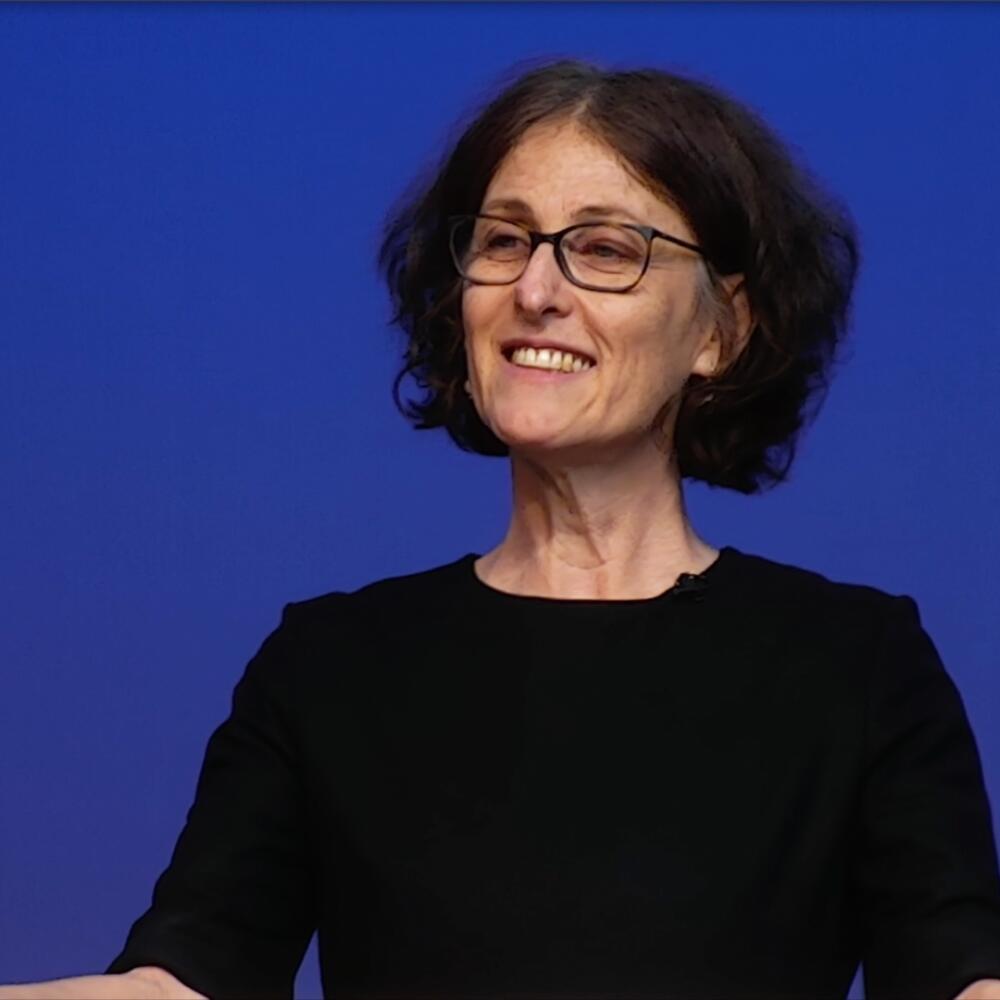Studies and Further Education
The offer to study anthroposophy at the Goetheanum attracts adults of all ages, who take what they experience here with them into their daily lives
Studying anthroposophy at the Goetheanum also means getting to know the place where Rudolf Steiner and his co-workers were active: the surrounding landscape where the anthroposophical work started and continued to grow through the 20th century to this day. Today this work is visible in an anthroposophically inspired global movement.
Unique time at the Goetheanum
Working on Rudolf Steiner’s texts, artistic activities, Goethean nature observation as well as the students’ own questions and experiences form the foundation of the Anthroposophy Studies at the Goetheanum. This year they are embedded in a unique period of time at this place.
Many of the 34 students who arrived in the autumn from eighteen different countries took part in the Michaelmas World Conference that preceded the beginning of term. The anthroposophical world movement, represented by almost 1000 participants from all continents who presented their initiatives, became visible in its whole diversity and vibrancy. ‘A conference of experts, of knowledgeable people’ is how one participant described it, courageous and experienced people who are at home in the reality of the world.
A conference of the School of Spiritual Science has recently taken place with all Sections and soon there will be the Christmas conference. We will celebrate the centenaries to commemorate the beginning of the Anthroposophical Society and the School of Spiritual Science with its many specialized sections – including the work in countless places and centres with their diverse destinies.
Strength for new beginnings
What will the students take back to their countries from this formative time at the Goetheanum? Those who were active in Dornach in 1923/1924 are no longer alive. Now there is a generation that witnesses the transition from the first century of the founding of this spiritual impulse to its second century – here at the Goetheanum. The kind of impulses that may grow from this for the work that is being done around the world cannot be foreseen. The challenges and difficulties arising in the period following the Christmas Conference were not foreseeable, nor were the horrors of the following decades.
But all that has grown and come into being since then, what people have achieved – all that could not have been foreseen either. Today we can look back on many achievements and much effectiveness, on struggles and successes, but also on failures – and on the strength to start anew.
Constanza Kaliks
Born in 1967 in Chile, Constanza Kaliks grew up and lived mostly in Brazil. Constanza completed her studies of Mathematics in São Paulo, and went on to be mathematics teacher at the Escola Rudolf Steiner in São Paulo for 19 years. There she was also a teacher in the Waldorf Teacher training. Constanza has a Ph.D. in Education with a thesis on Nicolaus of Cuse. She is part of the board of the Goetheanum since 2015. Co-leader of the Pedagogical Section and the General Anthroposophical Section at the Goetheanum.

